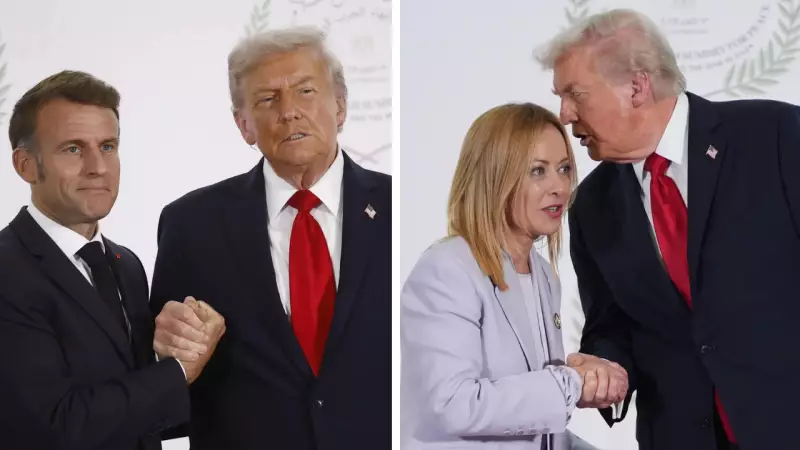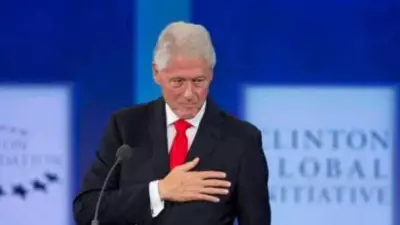
The recent Gaza summit became a stage for Donald Trump's signature diplomatic style, leaving several world leaders experiencing what many are calling the "Trump treatment." From unexpected confrontations to unconventional negotiations, the summit revealed much about how the former US president interacts with global power players.
The Macron Moment: A Clash of Titans
French President Emmanuel Macron, known for his sophisticated diplomatic approach, found himself in a particularly interesting dynamic with Trump. The interaction between these two strong-willed leaders highlighted the contrast between European diplomatic traditions and Trump's direct, often unpredictable style of international engagement.
Meloni's Meeting: Italy's Conservative Leader Faces Trump
Italian Prime Minister Giorgia Meloni, despite sharing some political alignment with Trump's conservative stance, nonetheless experienced his unique approach to bilateral discussions. Their meeting demonstrated that even ideological similarities don't guarantee conventional diplomatic exchanges when Trump is involved.
Three Other Leaders Who Got the Trump Treatment
The summit featured three additional world leaders who found themselves navigating Trump's distinctive diplomatic methods:
- Leader 1: Experienced Trump's direct negotiation tactics that bypassed traditional diplomatic protocols
- Leader 2: Faced unexpected policy demands during what was supposed to be a routine meeting
- Leader 3: Found themselves in a public exchange that diverged significantly from prepared talking points
The Aftermath: Global Reactions and Implications
The reactions from these leaders and their respective governments reveal much about how the international community adapts to Trump's unconventional approach to diplomacy. Some saw it as refreshingly direct, while others viewed it as disruptive to established international norms.
The Gaza summit has thus become another chapter in the ongoing story of Trump's impact on global diplomacy, demonstrating that his return to the international stage continues to challenge conventional political expectations and relationships.





